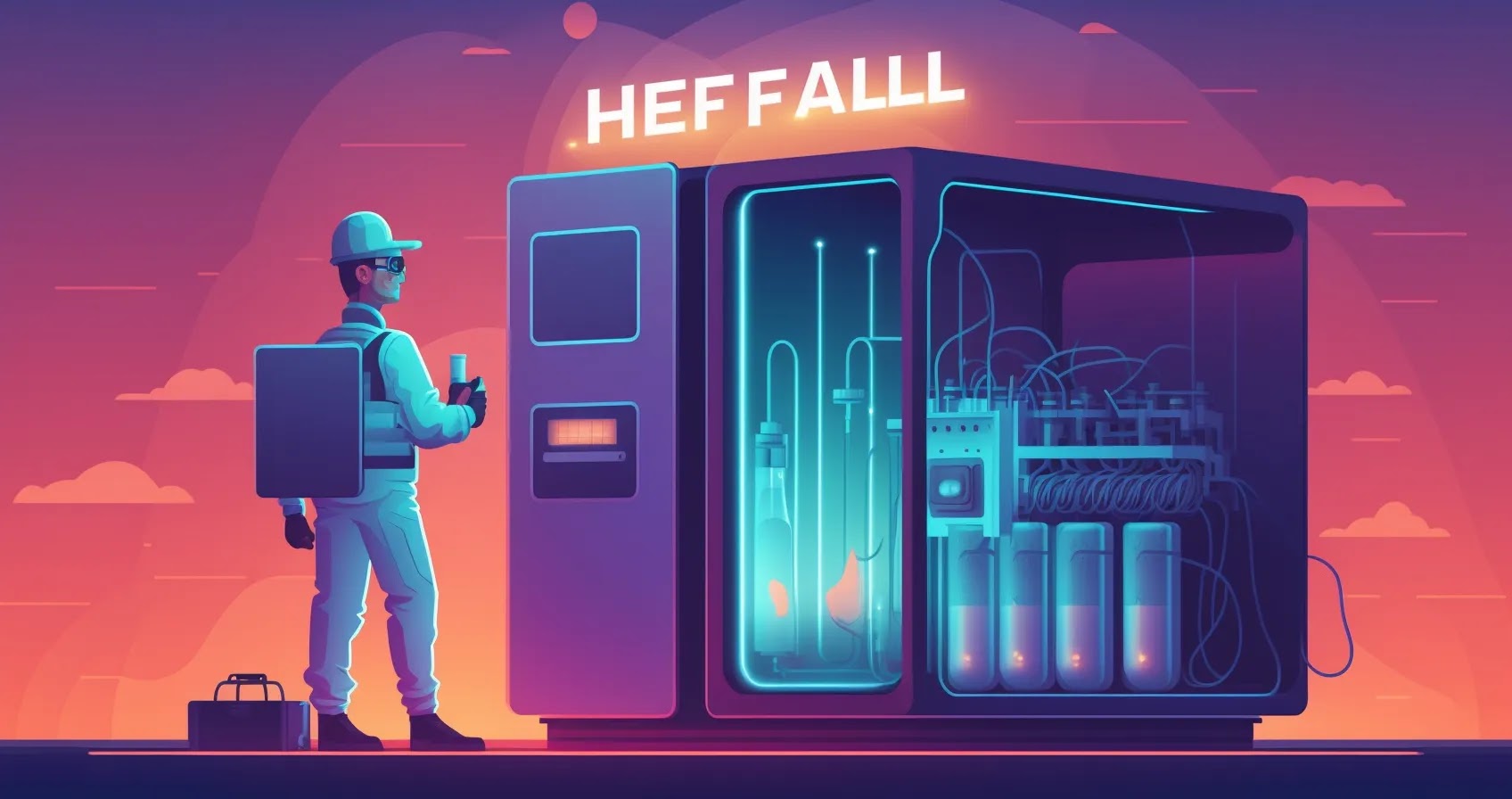Fuel cell technology is gaining popularity as a sustainable energy source. As a fuel cell engineer, you can play a pivotal role in designing, developing, and improving fuel cell systems.

Quick Navigation:
Why become a Fuel Cell Engineer?
Fuel cells are providing a clean and efficient power source for many applications, including transportation, household heating, and portable electronics.
As the demand for sustainable energy increases, the need for skilled professionals in fuel cell technology is also increasing. Fuel cell engineers have the opportunity to work in a dynamic and innovative field that can contribute to a greener future.
How to become a Fuel Cell Engineer?
To become a fuel cell engineer, you need to pursue a degree in chemical, electrical, or mechanical engineering. You can also consider getting a specialized degree in fuel cell technology or renewable energy.
After completing your education, you can gain hands-on experience by working as an intern or entry-level engineer in a fuel cell company. Continuing education and professional certifications can also enhance your career prospects.
Skills for Fuel Cell Engineer
Fuel cell engineers require a combination of technical, analytical, and problem-solving skills. You should have a deep understanding of fuel cell technology, materials science, and electrochemistry.
You should also be proficient in computer-aided design (CAD) software, data analysis tools, and programming languages. Excellent communication, teamwork, and project management skills are also essential.
Career Development
As a fuel cell engineer, you can advance your career by taking on leadership roles, pursuing advanced degrees or certifications, and staying up-to-date with the latest advancements in the field. You can also explore opportunities in related fields such as renewable energy, energy storage, or electric vehicles.
Requirements of Fuel Cell Engineer
Employers typically require a bachelor’s degree in engineering or a related field, as well as relevant experience in fuel cell technology. Some positions may require a master’s degree or Ph.D. in a specialized area. Professional certifications, such as the Fuel Cell and Hydrogen Energy Association (FCHEA) certification, can also be beneficial.
Interview Preparation for Fuel Cell Engineer
To prepare for an interview for a fuel cell engineer position, you should research the company and its products, review your technical knowledge and skills, and prepare to discuss your experience in fuel cell technology.
You may also be asked to provide examples of your problem-solving abilities, teamwork skills, and project management experience.
Work-Life Balance
Fuel cell engineers typically work in an office or laboratory environment, with occasional travel to manufacturing sites or customer locations.
The work can be demanding, with tight deadlines and complex technical challenges. However, many companies offer flexible work arrangements and work-life balance programs to help employees manage their workload and maintain a healthy work-life balance.
A Day in the Life of a Fuel Cell Engineer
Here is a typical daily routine of a fuel cell engineer:
| Time | Activity |
|---|---|
| 8:00 AM | Check emails and review project schedule |
| 9:00 AM | Attend a team meeting to discuss project updates and address any issues |
| 10:00 AM | Design and model fuel cell components using CAD software |
| 12:00 PM | Lunch break |
| 1:00 PM | Conduct experiments and analyze data to optimize fuel cell performance |
| 3:00 PM | Collaborate with colleagues to troubleshoot a technical issue |
| 5:00 PM | Wrap up the day by documenting progress and planning for the next day |
Wrapping Up
Fuel cell engineers play a critical role in advancing sustainable energy solutions. With the right education, skills, and experience, you can become a valuable contributor to this field. Stay curious, stay innovative, and keep learning to excel as a fuel cell engineer.






